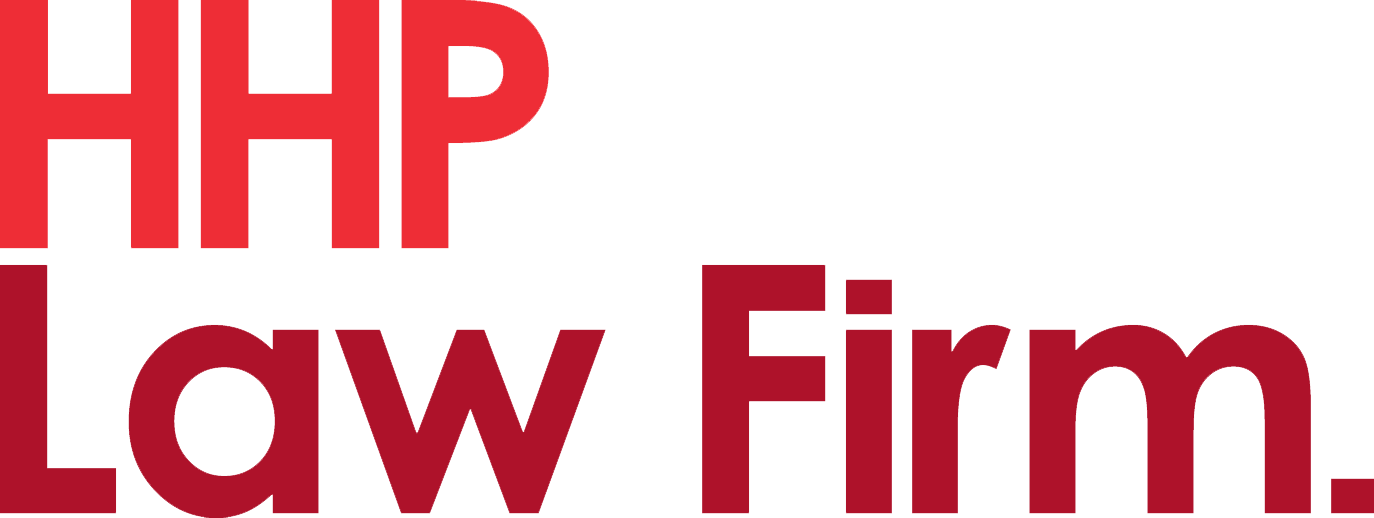In brief
On Friday 31 March 2023, the Indonesian Competition Commission (Komisi Pengawas Persaingan Usaha or (KPPU)) enacted the KPPU Regulation No. 2 of 2023 on Procedure for Case Handling (“New Case Handling Regulation“).
With a newly issued KPPU Regulation No. 6 of 2023 officially repealing the 2019 regulation, the New Case Handling Regulation introduced several breakthroughs including integrating the use of technology, option to enter change of behaviour commitment during investigations, and an expedited examination procedure.
Contents
- Electronic media for case handling
- Change of behavior procedure, integrity pact and its monitoring
- Statement of objections to be provided with the summons to the hearing: Evidence to be made available early
- Expedited procedure
- Evidence
- Proceeding flowchart under the New KPPU Case Handling Regulation
Electronic media for case handling
Since the introduction of KPPU Regulation No. 1 of 2020 on Electronic Case Handling, KPPU continues to use technology to assist in their investigation as the pandemic subsides. One of the reasons is that they have an increasing number of investigations involving parties residing abroad. The New Case Handling Regulation emphasizes on and recognizes the use of electronic media to assist with the investigation and examination throughout the case cycle, including in taking factual and expert witness statements, taking a reported party’s statements, service of process, taking reports, administering trials, hearings, and taking evidence.
Change of behavior procedure, integrity pact and its monitoring
A key difference from the previous regulation is that under the New Case Handling Regulation, KPPU may accept a change of behavior commitment during an investigation or preliminary examination. Previously this option was only available at the examination stage. It should be noted that if the reported party commits to a change of behavior at the investigation stage and this process fails (e.g. they fail to conduct the monitoring that they commit to do, as described below), they cannot take this option again at the examination stage. In addition, the New Case Handling Regulation also sets out that cartel conduct, including price-fixing, market-sharing and bid-rigging, as well as failure to file, cannot be settled through change of behavior commitments.
The key differences between entering into change of behavior commitments at different phases of the case cycle are summarized below:

Statement of objections to be provided with the summons to the hearing: Evidence to be made available early
Under the New Case Handling Regulation, the summons to the preliminary examination hearing shall be furnished with the statement of objections. This may address the current impracticality of the first preliminary examination hearing where a reported party will only find out about KPPU’s concerns when the statement of objections is read out in the hearing, and will therefore only be accorded very limited time (typically seven days, or maximum fourteen) to prepare their response.
The New Case Handling Regulation also provides that evidence will be made available for verification by the parties during the preliminary examination period. Previously it is not clear when evidence would be made available, . Unfortunately, this regulation also retains the rule that reported parties may only summarize the content of evidence, may not make copies of the evidence.
Expedited procedure
An examination can be administered through an expedited procedure for a case which the reported party admits guilt and/or other alleged violation – taking into accounts the sufficiency of evidence substantiating the allegation; and/or there is no much impact in the society.
An expedited procedure consists of 30 business days of preliminary examination and the KPPU decision will be rendered within 30 business days from the end of the preliminary examination. In contrast, under the normal procedure, the preliminary examination itself is up to 30 business days, followed with further examination of 60 business days and extendable for a further 30 business days, with the KPPU decision to be rendered within 30 business days from the end of the further examination period.
Evidence
The New Case Handling Regulation still recognizes five types of evidence for competition cases and the key differences from the previous regulations are summarized below:


Proceeding flowchart under the New KPPU Case Handling Regulation
Click here to access the flowchart in PDF.
* * * * *

© 2023 HHP Law Firm. All rights reserved. HHP Law Firm is a member firm of Baker & McKenzie International. This may qualify as “Attorney Advertising” requiring notice in some jurisdictions. Prior results do not guarantee a similar outcome.





